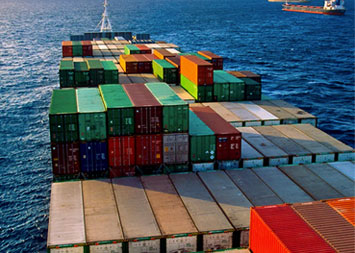At the 6th World Customs Organization Global AEO Conference, the International Chamber of Commerce (ICC) has released updated recommendations on how to improve Authorised Economic Operator (AEO) programmes globally. AEO programmes can be a powerful tool to drive supply chain security and trade facilitation, but their implementation has to be done effectively so that the benefits can be reaped by everyone.
What are AEO programmes?
Authorised Economic Operator (AEO) or so-called “trusted trader” programmes were developed in the aftermath of the 9/11 terror attack with the aim to increase supply chain security while facilitating trade.
In 2005, the World Customs Organization (WCO) Council adopted the SAFE Framework of Standards to Secure and Facilitate Global Trade (SAFE Framework) that includes three pillars – Customs-to-Customs network arrangements (Pillar 1), Customs-to-Business partnerships (Pillar 2), and Customs-to-other Government Agencies cooperation (Pillar 3) – each setting out a specific set of standards.
Pillar 2 includes the framework for AEO programmes in which companies that fulfill specific security requirements can obtain the certification, which is intended to lead to tangible trade facilitation benefits. While the WCO provides a global standard, there are now more than 80 AEO programmes globally.
What are the main issues with AEO programmes today?
Effective AEO programmes can be a powerful tool to increase supply chain security and to drive trade facilitation, but today, there are many issues when it comes to the implementation of the programmes. The certification process is often complicated and burdensome for companies and in many cases, after the certification, there are no tangible trade facilitation benefits and process improvements. That is why it is a particular challenge for micro-, small- and medium-sized companies (MSMEs) to obtain the AEO status.
How can AEO programmes be improved?
ICC has long been engaged in the improvement of AEO programmes to advocate for more harmonisation globally and to ensure that AEO programmes deliver the benefits and process improvements for companies. This week, ICC Secretary General John W.H. Denton released the updated ICC recommendations on AEO programmes through a video message, at the 6th WCO Global AEO Conference in Shenzhen, China.
The seven key recommendations include:
- Drive the implementation of the WCO SAFE Framework
- Leverage digitalisation to make AEO processes more efficient and transparent
- Strengthen public-private partnership
- Ensure a minimum set of benefits is met for AEOs
- Improve the inter-agency recognition of the AEO status
- Unlock the potential of Mutual Recognition Arrangements
- Foster the inclusivity of AEO programmes











